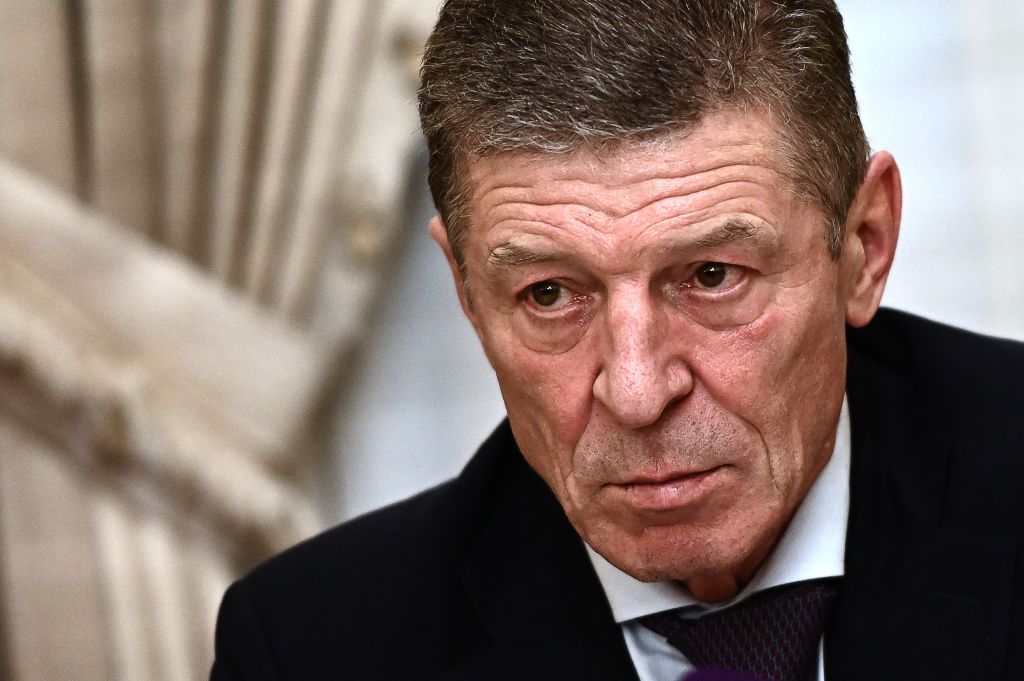Russia weighs tax increase as economic pressures mount, Reuters reports

The Russian government is considering raising the value-added tax (VAT) rate to keep the budget deficit under control and preserve its reserves, Reuters reported on Sept. 18, citing four unnamed sources.
The news came amid Russia's economic slowdown and declining oil prices, which have already compelled Moscow to slash key projects across various sectors.
According to Reuters' sources, the government is considering raising the VAT rate from 20% to 22% to reduce the budget deficit.
The timing of the decision is unclear, but one of the sources told Reuters it may be introduced in the 2026 budget if the rule to save extra oil revenues stays in place.
The draft budget is expected to be submitted on Sept. 29, with key elements pre-approved by Russian President Vladimir Putin and unlikely to face major changes in parliament.
In addition to increased VAT, the Kremlin is reportedly considering raising taxes on the wealthy, including measures such as a luxury tax or a higher tax on stock dividends.
Ivan Us, chief consultant of the Center for Foreign Policy Studies of the Kyiv-based National Institute for Strategic Studies, said the Russian authorities are forced to make sacrifices due to the country's budget deficit.
"Russia should make unpopular steps in the economy; either pay no pensions, or decrease salaries — which starts to happen now — or freeze people's bank accounts, or print more money," but that brings problems of its own, Us told the Kyiv Independent.
Faced with these options, Russia decided to hike the VAT rate, which "of course means that the products produced by Russian companies will be more expensive," he added.
VAT is a key source of revenue for the Russian budget. The last time the government raised the rate was in 2019, increasing it from 18% to 20%. In 2024, VAT accounted for nearly 37% of all federal budget revenues, around 13.5 trillion rubles (now over $160 billion).
VAT generated 37% of Russia’s 2024 budget revenue, and raising it could halve the 2026 deficit, Reuters' calculations show.
In June, Russian Finance Minister Anton Siluanov said the government had no plans to revise taxes again, despite ongoing challenges in meeting budget targets.
Although Putin pledged in 2024 to avoid significant tax reforms before 2030 after 2025 hikes, he urged the government on Sept. 5 to generate additional revenue through productivity gains rather than further taxation.












